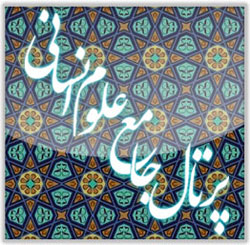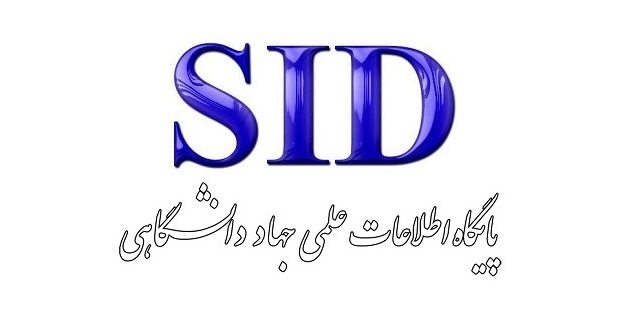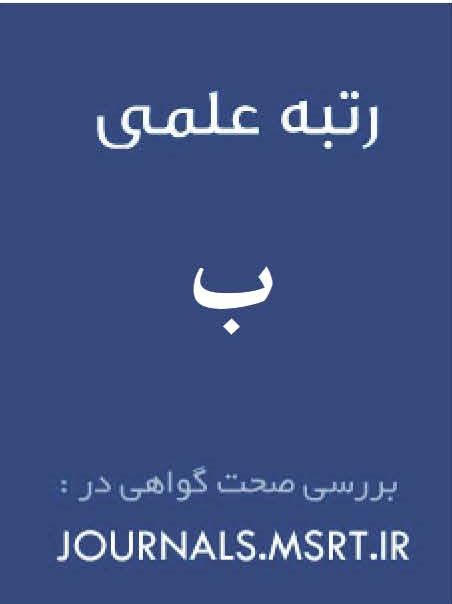The Role of Sadegh Chubak's Thoughts in Representing Poverty and Social Inequality: An Analysis of Realism in Chubak's Works
Keywords:
Sadegh Chubak, social realism, poverty, social inequality, social critique, contemporary Persian literatureAbstract
This article examines the role of Sadegh Chubak's social ideas in representing poverty and social inequality in his works, as well as the impact of this representation on society. As one of the most prominent realist authors in Persian literature, Chubak uses straightforward language and vivid imagery to provide an unembellished portrayal of the harsh conditions faced by the lower classes. This study first reviews literature on realism in contemporary Persian literature and then explores Chubak’s position and the impact of his works in comparison with his contemporaries. Findings reveal that Chubak uses literature as a tool for social critique, creating characters that reflect various social strata and embody the challenges of marginalized lives. Through emphasizing the psychological and personal impacts of poverty and inequality on his characters, Chubak encourages readers to gain a deeper understanding of society’s issues. This article also offers recommendations for further research in social critique and psychological analysis of Chubak's characters. This study aims to enrich the understanding of literature’s role in reflecting social realities and fostering public awareness, highlighting Chubak’s position as an influential figure in the history of Persian literature.









